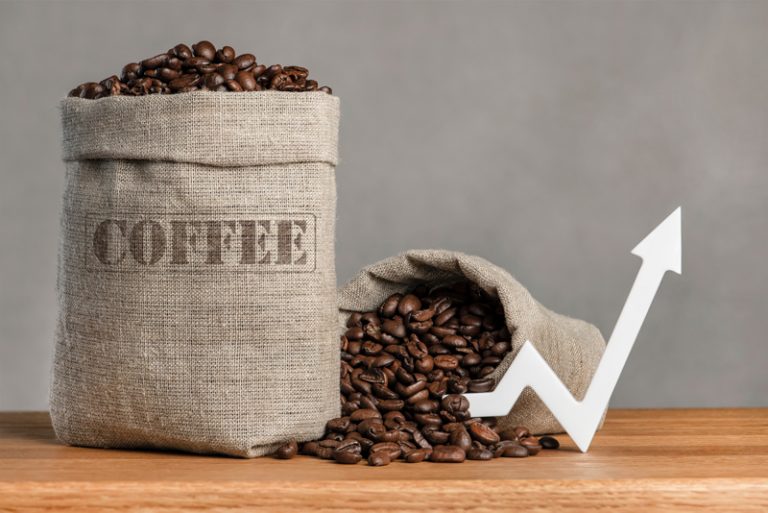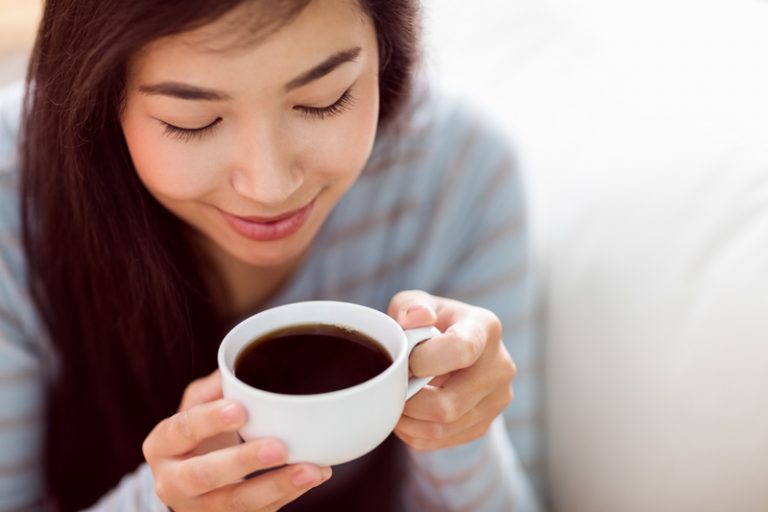咖啡與精神健康 | 研究:每天飲用400ml風險最低!精神科醫生講解咖啡因與抑鬱的J-型關係

COVID-19新冠病毒感染大流行期間,隨著在家(Stay-at-home)及社交隔離(social distancing)的時間越長,人們的生活習慣也相應改變,飲食就是其一。
23742次閱讀

COVID-19新冠病毒感染大流行期間,隨著在家(Stay-at-home)及社交隔離(social distancing)的時間越長,人們的生活習慣也相應改變,飲食就是其一。

哪每日應該攝取多少咖啡因飲品呢?研究顯示,咖啡對抑鬱症或許有保護作用,而事實上,咖啡攝取量與抑鬱症風險為J-型關係,每天飲用400ml (即一中杯Grande的份量)的風險為最低,飲用多於或少於400ml的風險反而會接近無飲用咖啡習慣的人3。

雖然如此,醫學界並不因此鼓勵大眾多喝咖啡。首先,咖啡因會令血壓上升約10mmHg。其次,咖啡因有機會令焦慮症狀變差,或引起驚恐發作4。第三,咖啡因始終有上癮及過量風險。最後,咖啡因需要通過肝臟分解,有機會與個別抗抑鬱藥及其他內科藥物產生相沖作用,令咖啡因過量風險增加。
由此可見,飲用茶、咖啡、汽水等咖啡因飲料一定要適量,咖啡飲品盡量勿超過每天400ml。若然希望減低面對疫情的壓力並提升情緒健康,可進行適量的運動,或多與親友保持線上溝通等,有需要可向專業人士求助。
Reference:
1 Castellana, F., De Nucci, S., De Pergola, G., Di Chito, M., Lisco, G., Triggiani, V., Sardone, R., & Zupo, R. (2021). Trends in Coffee and Tea Consumption during the COVID-19 Pandemic. Foods (Basel, Switzerland), 10(10), 2458. https://doi.org/10.3390/foods10102458
2 Luo, Y., Chen, L., Xu, F., Gao, X., Han, D., & Na, L. (2021). Investigation on knowledge, attitudes and practices about food safety and nutrition in the China during the epidemic of corona virus disease 2019. Public Health Nutrition, 24(2), 267–274. https://doi.org/10.1017/S1368980020002797
3 Grosso, G., Micek, A., Castellano, S., Pajak, A., & Galvano, F. (2016). Coffee, tea, caffeine and risk of depression: A systematic review and dose-response meta-analysis of observational studies. Molecular Nutrition & Food Research, 60(1), 223–234. https://doi.org/10.1002/mnfr.201500620
4 Klevebrant, L., & Frick, A. (2022). Effects of caffeine on anxiety and panic attacks in patients with panic disorder: A systematic review and meta-analysis. General Hospital Psychiatry, 74, 22–31. https://doi.org/10.1016/j.genhosppsych.2021.11.005
延伸閱讀

